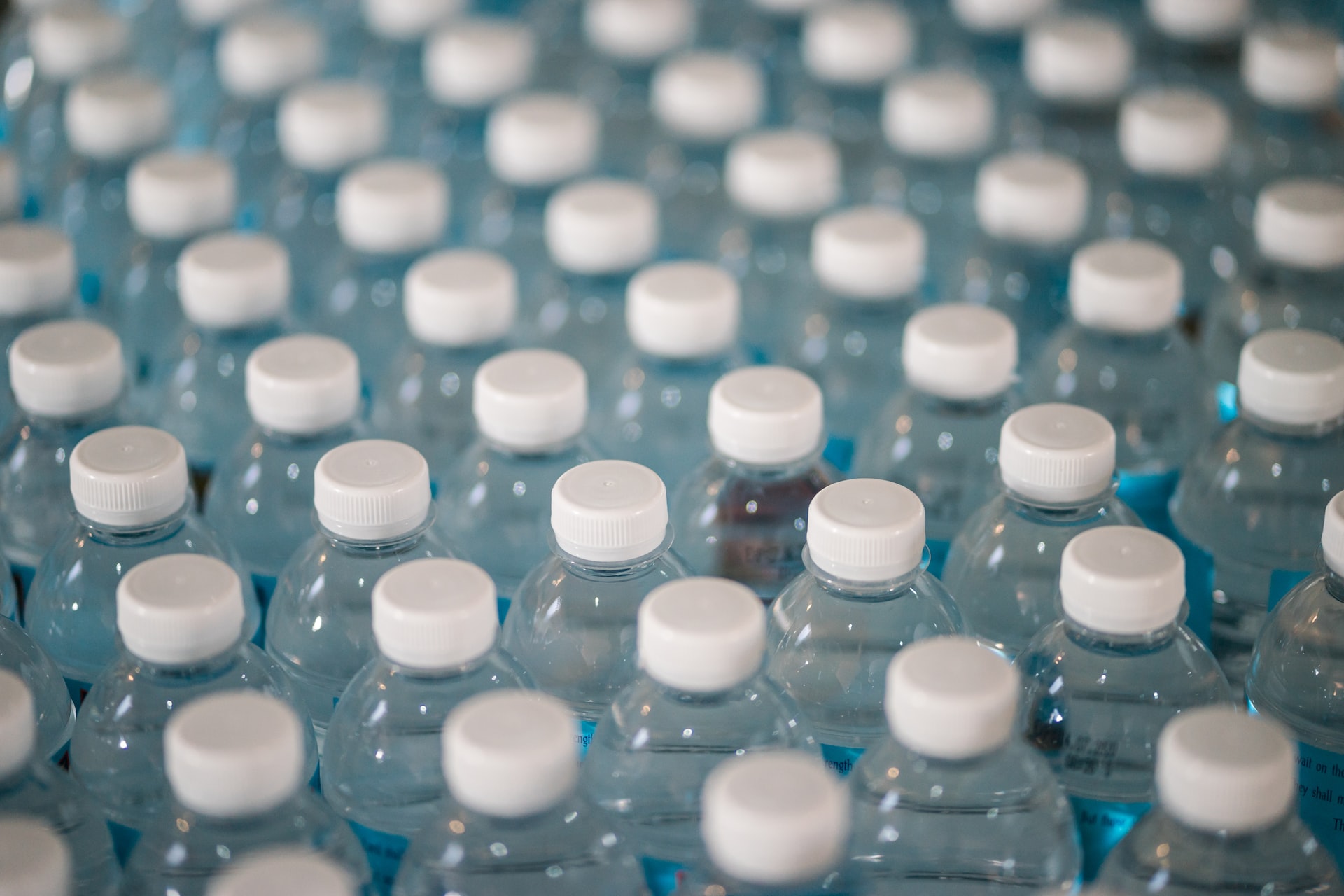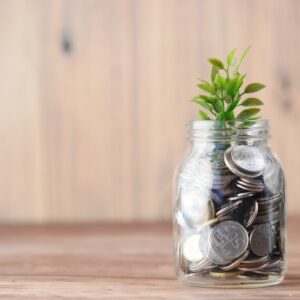Most people on the planet will come across hundreds of different plastics every day without paying a second thought to the fact that they are holding, using, or passing by a material that only exists due to human ingenuity. It’s true that, in recent years, plastics have been criticized for their sometimes poor sustainability credentials.
However, that’s not the whole story, seeing as some plastics are completely recyclable. Here are some of the key facts that you might not know about plastics, and how you can leverage them in your everyday life.
Applications
It’s easy to see plastics are just one large form of material. Indeed, that’s nearly true, although plastics are termed as such simply because of their plasticity, or the variation in their application that can be achieved. As you’ll find by searching through the lists of plastics on polychemistry.com, there are actually hundreds of different types of plastics, all of which have slightly different chemical structures and compositions and, as such, behave differently.
What’s remarkable about the variety of plastics on the market is that we continue to discover new forms of existing plastics as research continues. We’re finding plastics that barely burn, those that are stronger than others, and those that do not contaminate. All of this means that, over time, plastics are becoming more environmentally friendly.
Recyclables
If you’re a keen recycler, you’ll know that there art some plastics that can be easily recycled, while there are others that cannot be. This is all to do with the chemical structure of the plastic used, and it’s a wise idea, as a consumer, to avoid those plastics that cannot be recycled. Those that can be recycled, though, are remarkable.
Put simply, the recycling process for plastic is one of the most efficient recycling processes in the materials engineering world. Seeing as plastics are so versatile and resistant to chemical upsets, it’s easy to melt certain plastics down to feed them back into the production system as something completely different.
Key Benefits
There remains some criticism about plastics, but the truth is that it’s difficult to imagine a world without them. Plastics often fill in the space that would be otherwise occupied by wood or metal. Without plastics, many more trees would be felled each year, and more mining would be required to generate metals. Neither of these processes could be described as environmentally friendly either.
The key benefits of plastics are that they can fill in for any material that is in short supply or which is particularly hard to justify using. This means that you can use plastics to make a small widget in a factory or a large element in an important product. The sheer versatility of plastics means that they’re certainly going to stick around for some time to come, even if the way we produce and recycle them will be changing dramatically in the years to come.
This very quick introduction to the wonderful world of plastics will give you some idea of their beauty and complexity.





